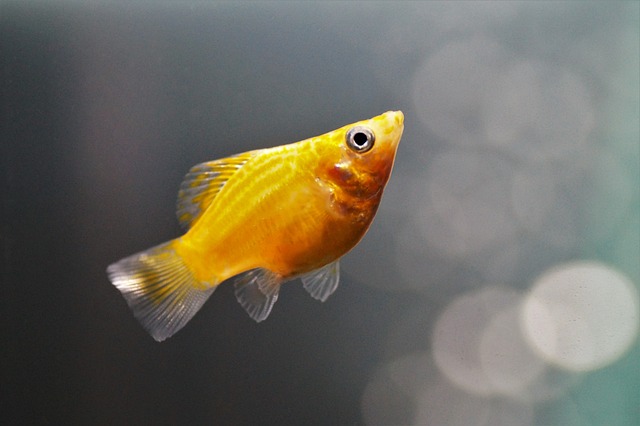Mosquito fish and mollies are both popular freshwater fish that are often kept in home aquariums. While they may seem very different species, some aquarium enthusiasts have wondered if they can interbreed.
Specifically, many have asked whether mosquito fish can breed with mollies.
Mosquito fish are livebearer fish, meaning they give birth to live young instead of laying eggs.
Mollies are also livebearers, so some people have speculated about the possibility of crossbreeding between the two species.
However, while there are some similarities between mosquito fish and mollies, some significant differences make interbreeding unlikely.
Can Mosquito Fish Breed with Mollies?
Mosquito and mollies are popular freshwater aquarium fish, and many fish enthusiasts wonder if they can breed together.
Mosquito fish (Gambusia affinis) are small, live-bearing fish often used in mosquito control programs. Mollies (Poecilia spp.) are live-bearing fish in various colors and patterns.
While it is technically possible for mosquito fish and mollies to breed, it is not recommended. Mosquito fish and mollies belong to different genera; their offspring may be infertile or have genetic abnormalities.
Additionally, mosquito fish are aggressive and may harm the mollies during breeding attempts.
Breeding mosquito fish and mollies also poses a risk to the health of both species. Mosquito fish are known carriers of diseases and parasites that can harm mollies and vice versa.
It is essential to keep these species separate to prevent the spread of illness and maintain the health of your aquarium.
In summary, while mosquito fish and mollies can breed, it is not recommended due to the risk of genetic abnormalities, aggression, and the spread of disease.
It is best to keep these species separate and provide proper care and conditions to ensure their health and well-being.
Conclusion
In conclusion, while there have been some reports of mosquito fish breeding with mollies, it is not common. The two species have different mating behaviors and reproductive systems, which make successful interbreeding unlikely.
Furthermore, even if interbreeding were to occur, the resulting offspring would likely be sterile or have reduced fertility due to genetic incompatibilities.
It is important to note that introducing non-native species to an ecosystem can negatively impact the environment. Mosquito fish, for example, is often presented as a means of controlling mosquito populations but can also prey on native species and disrupt the ecosystem’s natural balance.
Therefore, it is recommended to avoid intentionally breeding mosquito fish with mollies or any other species and to instead focus on using natural methods of mosquito control and preserving the biodiversity of our ecosystems.




